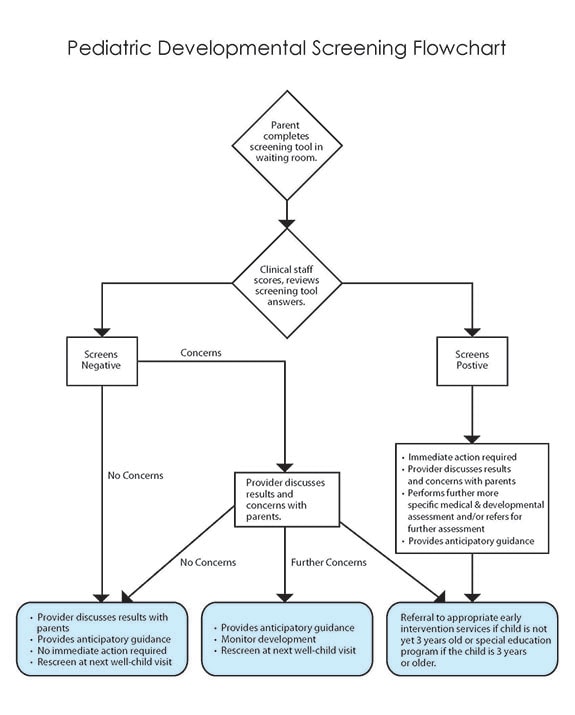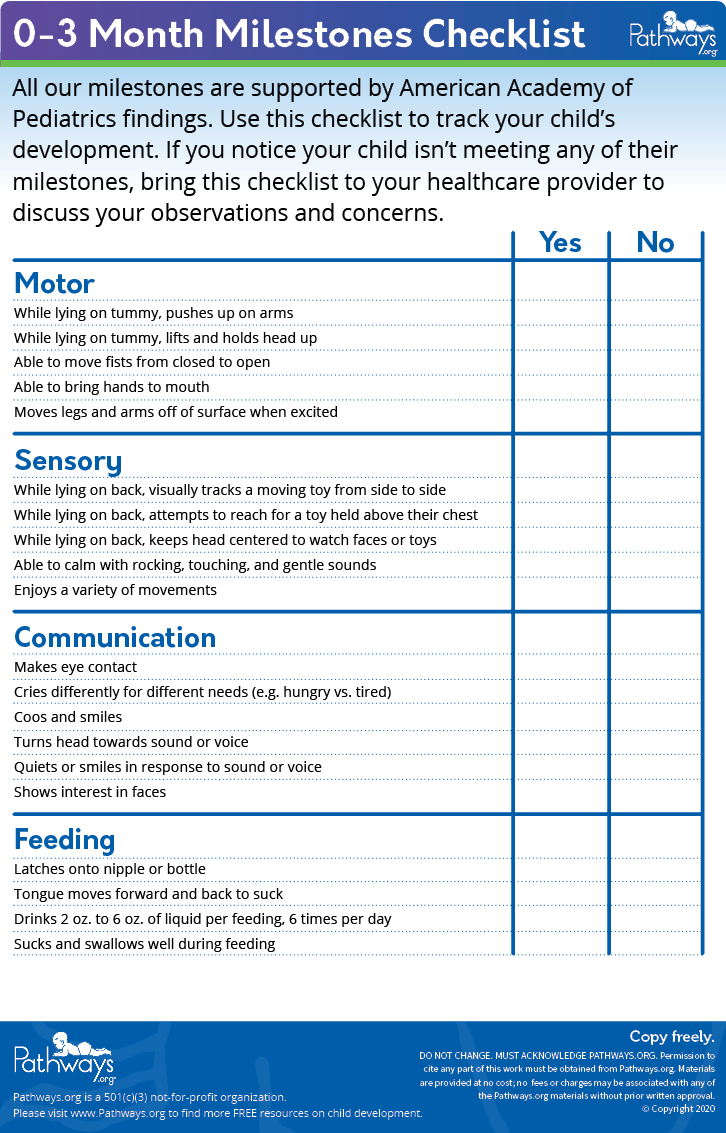Growing Up Strong: Pediatric Developmental Assessments

Growing Up Strong: Pediatric Developmental Assessments
Ensuring the healthy development of children is a priority for parents and caregivers. Pediatric developmental assessments play a crucial role in monitoring a child’s growth and milestones. In this article, we’ll explore the significance of these assessments and their role in promoting the well-being of young ones.
The Importance of Early Developmental Assessments
Early developmental assessments are essential for identifying any potential delays or concerns in a child’s growth and development. Conducted during infancy and early childhood, these assessments help healthcare professionals track developmental milestones and intervene promptly if any issues arise. Early detection allows for timely interventions and support, promoting optimal development.
Monitoring Physical Milestones
Pediatric developmental assessments include monitoring physical milestones that indicate a child’s physical growth and motor skills development. From crawling to walking, these assessments track the progression of gross motor skills. Healthcare professionals observe a child’s ability to sit, stand, walk, and perform age-appropriate movements, ensuring that physical development aligns with expected norms.
Cognitive and Language Development
Cognitive and language development are integral aspects of a child’s overall growth. Developmental assessments evaluate a child’s ability to learn, think, and communicate. This includes assessing language skills, comprehension, problem-solving abilities, and memory. Early identification of any delays in cognitive and language development allows for targeted interventions and support.
Social and Emotional Well-Being
Pediatric assessments also focus on social and emotional well-being. Observing a child’s interactions with others, emotional expressions, and response to social situations helps professionals gauge their social development. Identifying any challenges in social and emotional areas allows for interventions that support healthy relationships and emotional regulation.
Identifying Developmental Delays and Disorders
One of the primary purposes of developmental assessments is to identify potential delays or developmental disorders. Early detection of conditions such as autism spectrum disorder, attention-deficit/hyperactivity disorder (ADHD), or speech and language disorders enables timely intervention. Early interventions can significantly improve outcomes and help children thrive.
Tailored Interventions for Individual Needs
Pediatric developmental assessments lead to individualized interventions based on a child’s specific needs. Whether it involves speech therapy, occupational therapy, or other targeted interventions, tailoring support to address identified areas of concern ensures that children receive the assistance necessary for their unique developmental journey.
Inclusive Approach to Developmental Support
Developmental assessments adopt an inclusive approach, recognizing that each child is unique and develops at their own pace. Professionals consider cultural, environmental, and familial factors that may influence a child’s development. This inclusive approach ensures that assessments and interventions are culturally competent and respectful of diverse backgrounds.
Parental Involvement and Support
Parents play a vital role in the developmental assessment process. Informed and engaged parents can actively participate in their child’s developmental journey. Professionals provide guidance to parents, offering strategies and activities to support their child’s development at home. Parental involvement strengthens the overall effectiveness of developmental assessments.
Collaborative Care for Holistic Development
Pediatric developmental assessments involve collaboration between healthcare professionals, parents, and educators. This multidisciplinary approach ensures a comprehensive understanding of a child’s development. By fostering collaboration,








